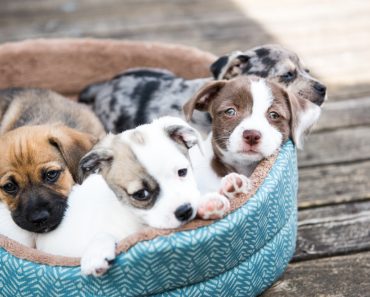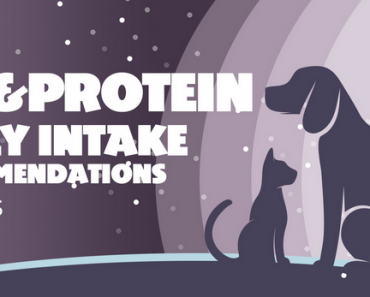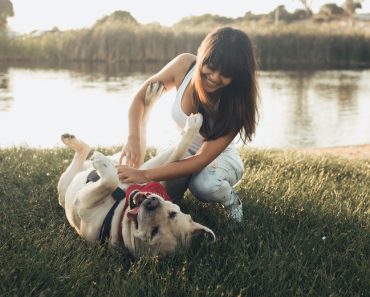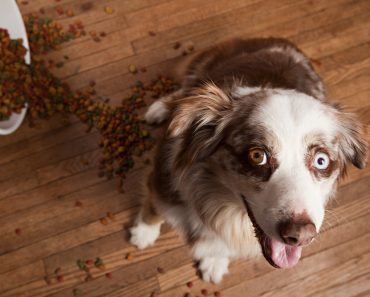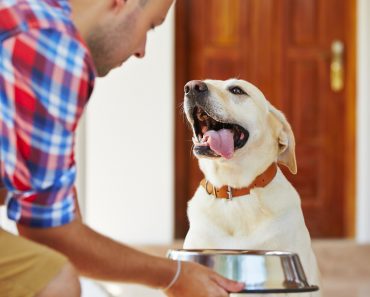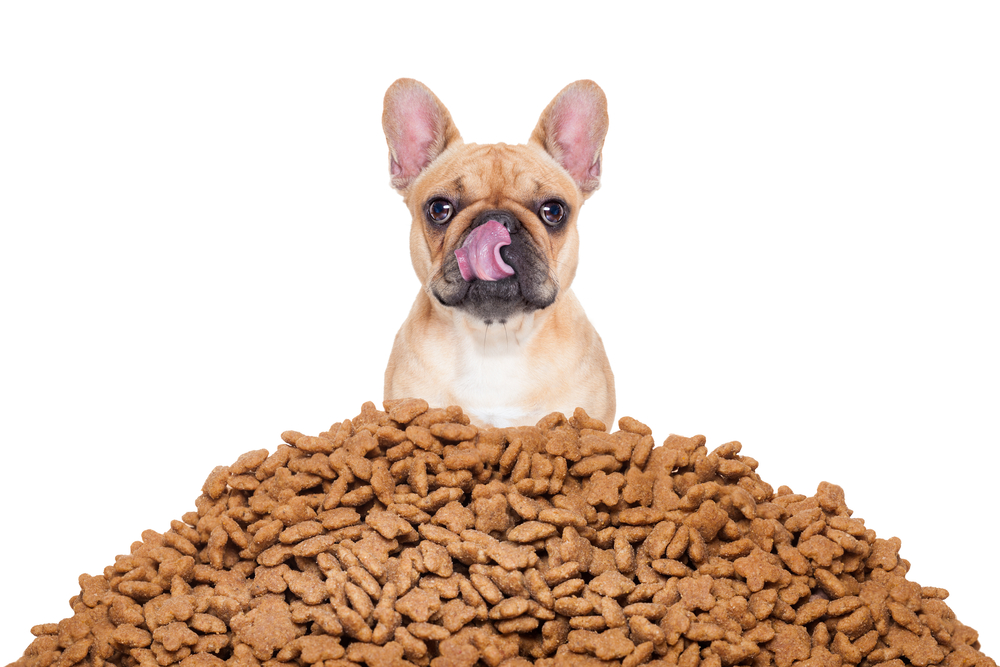 To choose the right food for your own dog often isn’t easy, since every owner only wants to serve the best for his darling. For this reason, many dog owners use Royal Canin Dry Food, which can either be used as complete food or in combination with canned food or even as feed supplement because of its richness in vitamins, minerals and other nutrients. Storing the food right is essential, so the dry food does not go bad and keeps on meeting your dog’s needs. We will tell you how to optimally store the dry food and what you will need to do for that.
To choose the right food for your own dog often isn’t easy, since every owner only wants to serve the best for his darling. For this reason, many dog owners use Royal Canin Dry Food, which can either be used as complete food or in combination with canned food or even as feed supplement because of its richness in vitamins, minerals and other nutrients. Storing the food right is essential, so the dry food does not go bad and keeps on meeting your dog’s needs. We will tell you how to optimally store the dry food and what you will need to do for that.
Contents
Note the dry food’s shelf life
Even dry food has an expiration date and should not be used beyond that. After its expiration, the manufacturer cannot guarantee the food’s freshness or healthiness for your dog anymore.
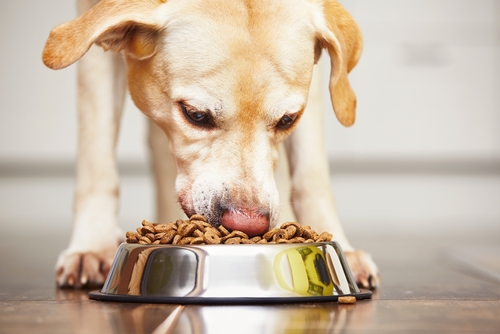 Therefore it is necessary that you inform yourself of the preservatives used in the food. Natural preservatives like the important vitamin E break down faster than artificial substances like BHT and BHA. Because of this, natural dry food products have a shorter shelf life. Dry food expires faster than canned food, typically after one year. This should be adequate, since it is used daily. After expiration you should dispose of the food because you of course carry the responsibility for your dog and should not make any cutbacks in regards to its food. Since the food is not stored in a bag it can be helpful to make a note of the expiration date by writing it down on a piece of paper and attaching it to the food’s storage.
Therefore it is necessary that you inform yourself of the preservatives used in the food. Natural preservatives like the important vitamin E break down faster than artificial substances like BHT and BHA. Because of this, natural dry food products have a shorter shelf life. Dry food expires faster than canned food, typically after one year. This should be adequate, since it is used daily. After expiration you should dispose of the food because you of course carry the responsibility for your dog and should not make any cutbacks in regards to its food. Since the food is not stored in a bag it can be helpful to make a note of the expiration date by writing it down on a piece of paper and attaching it to the food’s storage.
Optimal storage of Royal Canin Dry Food
Many factors play a very important role when storing dry food for dogs in the right way. Not only the container but also the environment is important. We will come back to this point later.
Storage method
Storage of Royal Canin Dry Food is not to be underestimated, so that the food will still be tasty and crunchy and won’t lose its vitamins or nutrients. Since dry food is usually bought in bulk though, it will last for more than one meal. In order to store it most efficiently, it should directly be taken out of its bag and filled into a proper container. This also applies for modern resealable bags, since even those do not protect the food properly in most cases. It is important to store the food airtight and, if possible, in a lightproof food container. It is important the container to be closed hermetically, so no insects or rodents can access the food. Insects would lay eggs into the food, which dogs would ingest, that in turn is a sure way to get worms.
Important points when buying a food container:
- The container should be big enough
- The container should be able to be closed hermetically
- The container should be lightproof
- The container should be waterproof, so no humidity can get inside
- The container should be heat-resistant
The right environment for food storage
In addition to the right container, the right environment for the food storage must also be chosen. Ideally, it should be cool with temperatures between 11 and 30 degrees Celsius, dim and free of too much humidity. All these factors influence the food in a negative way and not only change its taste but also its texture. Additionally, vitamins or nutrients might be destroyed completely so that your dogs requirements are not met anymore, which in turn influences your best friend’s health.
Important points when choosing storage environment
- Temperatures between 11 and 30 degrees Celsius
- dim
- no humidity or mold
How do external factors affect dry food?
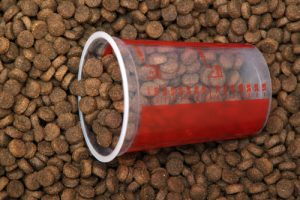 You should always choose high quality and highly nutrient food so that your dog stays fit and healthy. Storage is especially important so that the food won’t only keep on tasting good but will also keep its important minerals, vitamins and other nutrients. External factors can damage the food in even short periods of time. Humidity enables the growth of mold and takes away the dry food’s crunchy texture. For this reason it is important not to store the food in humid rooms like the cellar or laundry room. Dry rooms should be preferred and also the storage container should be waterproof, i.e. no containers made of wood or cloth.
You should always choose high quality and highly nutrient food so that your dog stays fit and healthy. Storage is especially important so that the food won’t only keep on tasting good but will also keep its important minerals, vitamins and other nutrients. External factors can damage the food in even short periods of time. Humidity enables the growth of mold and takes away the dry food’s crunchy texture. For this reason it is important not to store the food in humid rooms like the cellar or laundry room. Dry rooms should be preferred and also the storage container should be waterproof, i.e. no containers made of wood or cloth.
Oxygen and temperatures above 30 degrees Celsius can destroy vitamins or nutrients. Additionally, these factors can cause oxidation, which can quickly become dangerous for your darling, in that it causes food poisoning. For this reason, food should be stored as cool and airtight as possible. Temperatures should not be too low either and ideally be above 10 degrees Celsius. Cold temperatures will not destroy nutrients or vitamins, however they do influence the food’s taste.
| External factor | Effect |
|---|---|
| Humidity |
|
| Temperatures above 30 degrees Celsius |
|
| Oxygen |
|
| Light |
|
| Temperatures below 10 degrees Celsius |
|
Fotocredit:
© Javier Brosch – shutterstock.com
© Jaromir Chalabala – shutterstock.com
© Sbolotova – shutterstock.com



